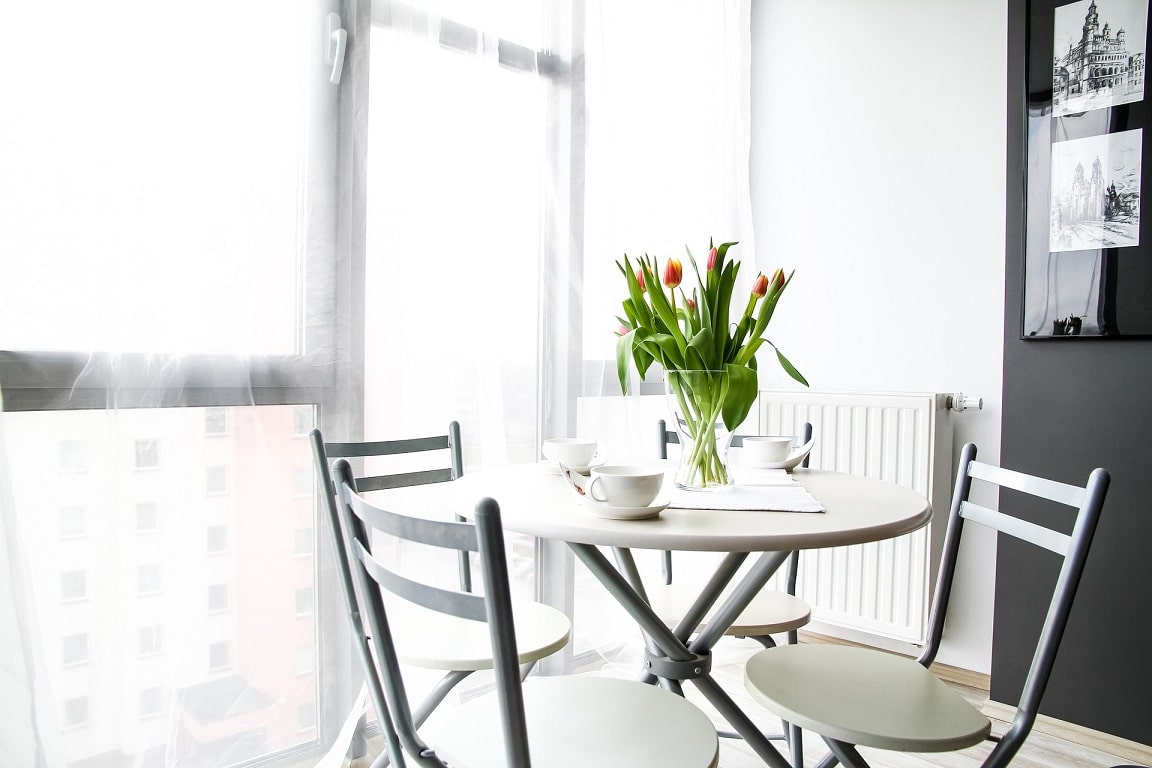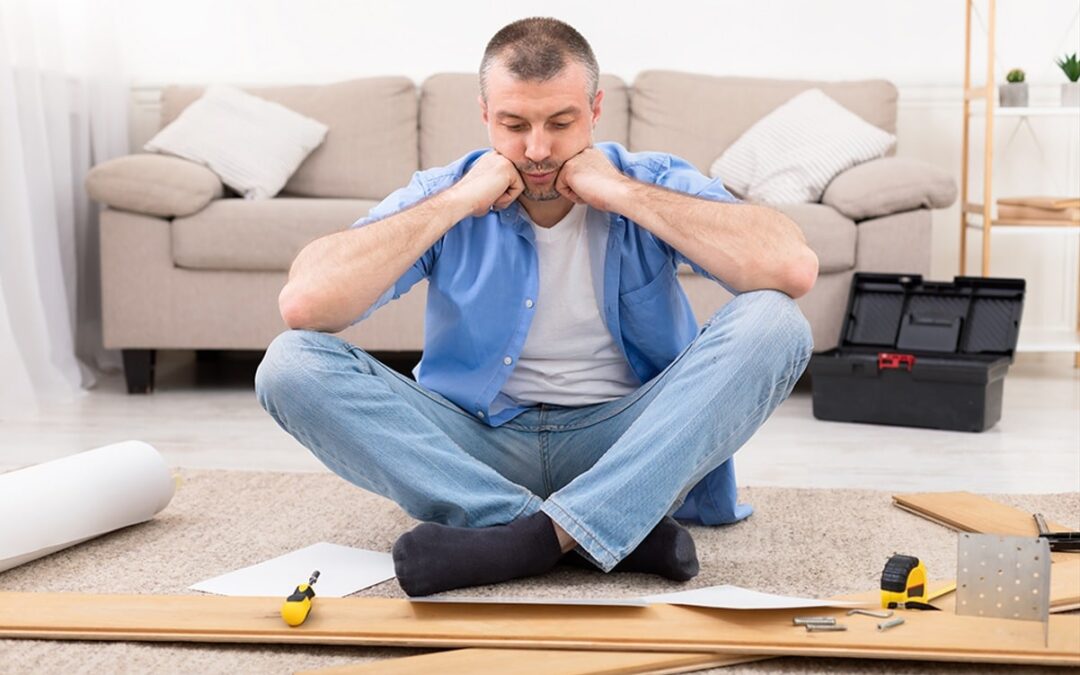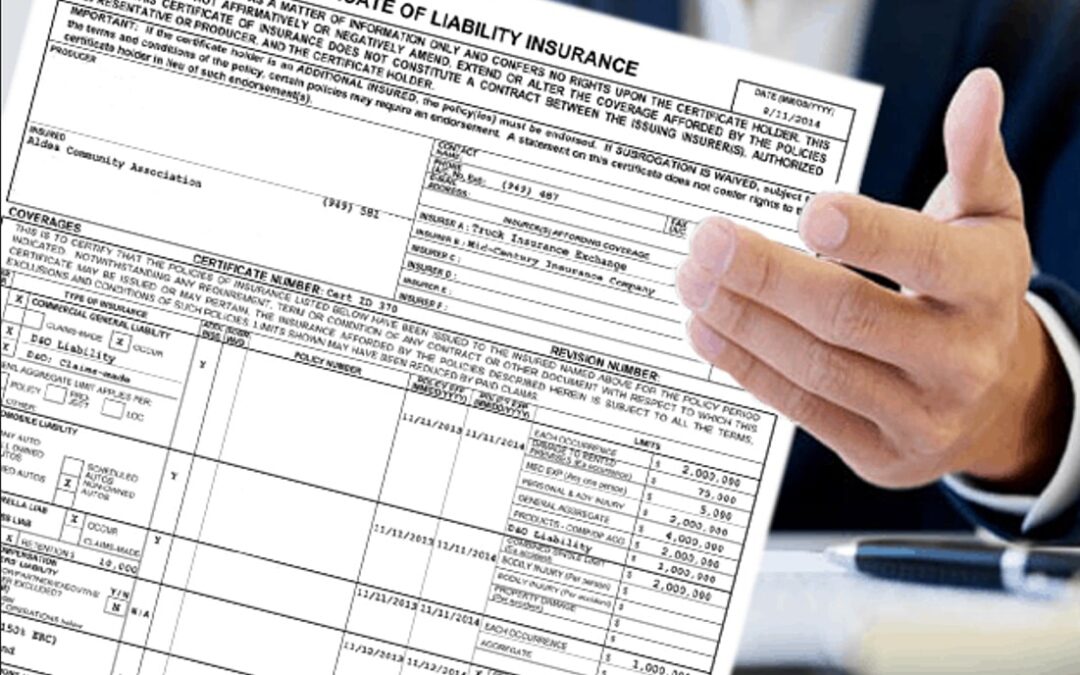If you live in any large city like New York, chances are you’ve done your fair share of moving. Moving in NYC is a challenge in and of itself. You’re competing with hundreds of other people for every apartment you view. Chances are you’re probably viewing around five apartments at minimum.
While it might be tempting to jump on the first apartment that seems to match all of your parameters, you should take some time to do a thorough apartment inspection. This might mean coming back on another day and time so that you can see any potential flaws or issues. It also means that you should take your time to check everything before signing that lease. Whether this is your first apartment or your fifth, spotting problems in walkthroughs can help you dodge a bad landlord or location that doesn’t suit your needs. Below are five things you should do to make sure you avoid some common apartment problems.
Test Everything
It might feel weird to check the faucets and doors in front of the landlord or realtor, but there’s no other way you’ll know if everything works properly if you don’t. Don’t worry about looking silly, the realtors probably are used to people scouring every last inch of the apartment. If they try to rush you, that’s a red flag that there’s something wrong with the apartment.
When doing your apartment inspection, go through the following checklist to make sure everything is in working order:
- Doors – Do the doors latch? Do the locks work? Are the handles secure?
- Windows – Do the windows open? Do you feel a draft even when the window is closed? Where is the fire escape?
- Lights – Do you notice any flickering or buzzing?
- Pipes – Do the faucets have good water pressure? Is water running from all of the faucets?
- Cabinets and Drawers – Do the drawers open smoothly? Are the cabinets big enough for all of your items?
- Electrical Sockets – How many sockets are there in the apartment and where are they located? Are they all three-pronged?
- Walls – How thin/thick are the walls? Are you dealing with drywall or more solid brick and how will that affect your living situation if you need to hang a lot of shelves and other items? Knock on the walls to see how sturdy they are or are not.
- Closets – Are there any closets in the apartment? If there are, do they provide enough space for your clothes? Is the clothes bar sturdy or is it bending?
- Heating – Where are the radiators located? Do they make a lot of noise when they turn on? Where can you put your AC unit?
- Appliances – What appliances come with the apartment? Do they look like they are in good condition? Are they big enough for your needs?
- Floors – When you walk around do you hear a lot of creaking? Do the floors look uneven? Are there some areas that feel weaker than others?
Make sure to ask the realtor and/or landlord questions if you notice any issues and pay attention to their answer. Most landlords will do the bare minimum when it comes to revamping an apartment which generally consists of repainting the apartment and doing a deep clean. If it seems like they’re not interested in repairing anything, run as fast as you can.
Schedule for Later in the Day
Did you ever wonder why the brokers would schedule your apartment viewing appointment during the day? It’s because that’s when the apartment is at its quietest. However, since you’ll probably be at home after 5pm, you really want to see what the building is like when you actually plan on being home.
Keep your eyes and ears sharp. Are your windows front-facing? If so, are there nearby fire houses or hospitals? If so, you will likely hear a lot of sirens throughout the day and evening. What about night life? Sure, most people want to have some amenities nearby, but if your apartment is right above a bar, you’ll have to deal with loud music and people until the week hours of the night. If you like going to bed at a reasonable hour, the sounds of nightlife can be a huge issue.
You’ll also want to listen in on your neighbors. No, you’re not eavesdropping. Essentially, you want to know how loud or quiet they are and how thin the walls are. Some older places have very little sound proofing so even if your upstairs neighbor is walking normally, you can hear it. Take some time during your walk through to listen. Do you hear the sound of your neighbor’s TV? What about normal conversation? Some people don’t mind having thin walls as they can just plug in their headphones and block out the noise. However, if you’re sensitive to sounds then you should probably look elsewhere.
On that note, you want to take a stroll around the neighborhood to see if there are any external lights that might be an issue. Is there a huge billboard right outside your window? That means you’ll be getting a ton of annoying light streaming through your window at all hours. Also, what direction does your bedroom window face? If it faces the East or South, you’ll be getting a lot of early morning light. If that’s not your thing, then you should invest in blackout curtains to get some shut eye. Also be on the lookout for things like the location of bus stops and grocery stores. Sure you want them to be close, but you probably don’t want to live right next door as buses run 24 hours and grocery stores get their deliveries around 3am-4am in the morning.
Meet the Neighbors
If your potential neighbors are in, introduce yourself. It might seem weird, but it’s a good way to get some more information not just on the people in the building but the landlord and building itself. You don’t have to dig too deep for information, but you could just ask some questions like how they like living in the building and what they do for a living. You can learn a lot from just these two questions. For example, if the neighbor says they work at a restaurant/bar, chances are they come home late. If you wake up early, having a night owl as your neighbor might not be a great option, especially if your building has thin walls.
If your neighbors aren’t in, do a little spying (within legal limits). Take a peak at their or patio (if they have one) to glean some information. If the area is littered in kid’s toys, you should expect some noise. You might also notice an ashtray, which means you’ll have to deal with the smell of smoke. Does the apartment allow pets? Then expect to hear dogs. While you can usually tune out loud noises, if you have health issues like asthma, living next to a chain smoker might be a deal breaker.
Keep an Eye Out for Water Damage
Fixing water damage in rentals is one of the most popular maintenance jobs and can vary from being a small annoyance to a huge problem. If a small water damage issue is left untreated, it can lead to even bigger problems down the line such as rotting wood, black mold growth, and more. Some signs include:
-
- Peeling or bubbling paint damage – This can suggest that the pipes behind the walls might be leaking causing water to seep through the wall and paint.
- Mold building – If you’re already noticing mold everywhere or getting a strong mildew scent from the apartment, the room definitely has water damage. Mold tends to only grow when moisture has accumulated for a long time, so this could be a very serious indicator that there’s an issue that hasn’t been resolved.
- Discoloration on ceilings and walls – When you look up at the ceiling, do you notice some discolored patches? This is likely due to water damage. There are plenty of ways it could have been caused depending on the apartment’s location. If the apartment has an upstairs neighbor, it might mean that there was a burst pipe or consistent water leaks. If the apartment is located on the top floor, it might mean that there’s a leak in the roof. Either way, you’ll want to bring up the issue with the landlord.
Look for Signs of Pests
It’s not always easy to check for pests, but there are a few things you should be on high alert for during your inspection. Cockroaches, while they’re excellent at hiding, tend to hang out in small crevices around appliances, cupboards, and countertops. Look around the area for some black specks (cockroach droppings). If you see any then the building is probably infested. If you actually see cockroaches scurrying away when you shine a light on them, then there’s definitely an infestation.
For mice and small rodents, look for shredded paper, tissue, or bits of cloth along the baseboard as they like to make nests from these items. You can also look for little mouse droppings along the floor or small holes in the baseboards
Other pests like bedbugs and fleas are harder to spot in a vacant apartment. In the case of bedbugs, there are some directories you can find that show if a building had an infestation in the recent past. If the apartment is still occupied, try to take a peek at the mattress and box spring for some dark red/black spots on the corners as that’s where bed bugs leave their droppings.
You CAN pest proof the new apartment even if you have an infestation. It just requires you to go over the apartment with a fine tooth come and cover any and all crevices, holes, etc. completely to prevent the pests from returning. In many cases, you probably want to stuff the holes with poison as well to make sure that they never come back.
Conclusion
By following these five steps, you can avoid apartments with deal breaking issues. It’s easy to fall in love with an apartment because of its location or price, but you have to remain vigilant. Look for any signs of issues that you can’t deal with like loud noises, smokers, etc. It might seem like an impossible task to find the perfect apartment, but you’ll eventually find one that suits your needs.
FAQ
What if I can only schedule my apartment tour during the day?
If that’s the case, at least walk around your neighborhood and apartment building to get a better sense of what it might feel like at night. Are there bars nearby? What about street lights? Take a look at the mailboxes and see how many people are living in the apartments next to you and above you to see if you can glean any information from your surroundings.
I moved into an apartment and discovered issues that I didn’t notice during the tour. What can I do?
It depends on the nature of the issue. Call the building management or the super to see if they can fix it. In general, they should fix things like leaks, heating issues, water problems, pest control, etc.
There are too many issues in the building and I want to break lease and move. What can I do?
You’ll have to look over your lease to see what the penalty is for breaking it before it’s over. Some places will charge you a fee while others might let you off the hook so long as you give them 30 days’ notice. As for moving, you can reach out to NYC Great Movers for all your moving needs.






